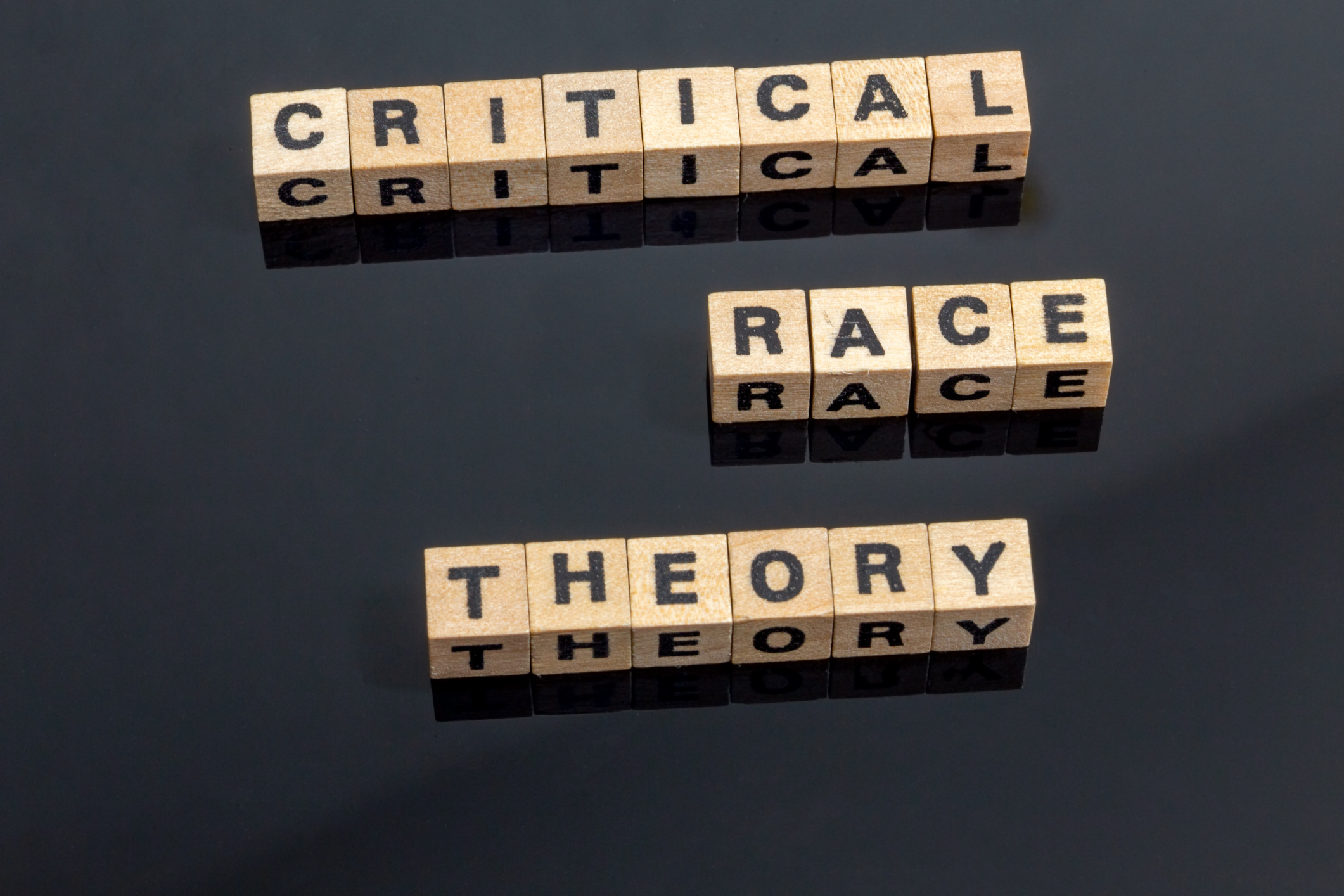DEI and CRT in LCSD, Part Two
News Based on facts, either observed and verified directly by the reporter, or reported and verified from knowledgeable sources.
How an alphabet soup of academic terms has been politicized to bring Lakeland Central School District (LCSD) — like so many in America — to the boiling point

Good morning! Today is Monday, August 1, and you are reading today’s section of Examiner+, a digital newsmagazine serving Westchester, Putnam, and the surrounding Hudson Valley.
Need to subscribe — or upgrade your Examiner+ subscription to enjoy full access to all of our premium digital content? Take advantage of our special FREE TRIAL OFFER.
Take Examiner+ on a test drive today at NO CHARGE for a full month. Enjoy full membership-level access to all of our premium local content, delivered straight to your inbox six times a week.
Today’s supporting sponsor of Examiner+ is Manhattanville College.

Last week, in part one of our story, we looked at the efforts to bring Diversity, Equity, and Inclusion (DEI) education into the classroom. These efforts have sometimes been conflated with Critical Race Theory (CRT), which itself has become a hot-button issue mired in conflicting understandings of its meaning and premise. This week, in part two, we look at how the Lakeland School Board has become a local battleground for the national CRT political debate.

Miguel Feliciano, a recent Walter Panas graduate, sees Lakeland as a perfect example of what’s happening in school districts across the country.
“We’re seeing a small percentage of parents coming into these board meetings and being the voice that our trustees are hearing,” Feliciano says. “They’re not representative of the entire community — because I would say a vast majority of parents do support DEI initiatives — but the minority is the loud voice.”
While Feliciano says it was hard for him and his fellow classmates to tune out the district’s contentious school board meetings, particularly the offensive language some parents used, it inspired him to start Equity Club in November 2020.
“I saw what was happening around us, and I said, ‘We need a place where we can share our feelings, beliefs, and do something about it,’” Feliciano explains. “Right away, it proved a huge success, and it still is.”
At Walter Panas, Feliciano says an in-school committee of teachers and administrators working on DEI initiatives frequently collaborated with club leaders and student advocates on different efforts, such as making a gender-neutral restroom accessible in the school.
“The adults [in the school] listen to the students a lot in this, and that’s something we all appreciated,” Feliciano notes.
Equity Club advisor Terri Bauer-Lamport says the club provides students with “a safe place to grapple with the tough conversations that are common in today’s society while inviting students of all beliefs and backgrounds to share their perspectives.”
After a particularly heated school board meeting in February, multiple members of the Equity Club chose to speak on behalf of the club and all students at Walter Panas at a subsequent meeting.
“After tensions flared earlier this year, the students brainstormed ways to take action to ensure that people in the Walter Panas and Lakeland communities understand that students deserve to have a voice in any and all conversations regarding their schools,” Bauer-Lamport said over email. “In preparing for this board meeting, Equity Club members met and practiced their speeches. They reassured one another that no matter what the response to their speeches, they were doing the right thing. They live by the mantra ‘what is right is not always easy.’”
In September, flags from all countries, the LGBTQ+ community, and all branches of the military will be on display in the main school hallway to show that the school is a welcoming environment for all — another of Equity Club’s projects.
As president of the UNICEF Club, Sabbi Gale-Donnelly, a rising senior, often collaborates with Equity Club and other social justice student groups at Walter Panas.
During the 2020-2021 school year, UNICEF Club collected anonymous testimony on anti-LGBTQ+ sentiment and created a video that was featured on the school’s website for the month of June. They accompanied the video with an LGBTQ+ 101 pamphlet with fundamental terms, definitions, and a guide on respectful interactions. This past year, the club held a workshop on how to get involved with social justice issues.
Gale-Donnelly says the tensions flaring at the school board meetings were never outrightly discussed in the classroom setting, which she thinks may be due to educators’ different personal political opinions. However, after many students spoke at the February meeting, they were shouted out over the loudspeaker alongside athletes for representing their school.
While Feliciano felt like some teachers were more afraid to discuss specific topics that may fall under the aforementioned umbrella, fearing they might receive an angry email from a parent, he says the hostile environment at school board meetings didn’t seep into the school setting.
“Our administration did a wonderful job at making sure the school was inclusive and welcoming to all students,” Feliciano highlights.
Choosing sides
This past spring, 12 candidates jockeyed for four available seats on the Lakeland school board, hoping to impact the district from the trustee post.
While Karen Haines-Pressman and fellow co-founder Jessica Mayes had hoped to find one candidate to run on the progressive Lakeland RISE ticket, they were able to get four individuals who were also endorsed by Teach the Truth Westchester.
Ultimately, the four Lakeland RISE candidates did not get elected, but they finished closely behind the incumbent slate and ahead of United4Lakeland, a group of concerned mothers in opposition to DEI.
“I think we made a lot of progress, and we also turned out a lot more voters than usual,” Haines-Pressman says. “We wanted them on the board, obviously, but we have hope for next year.”
“We got four amazing candidates, and I think it was another indicator that people want change in our district,” Haines-Pressman adds.
Both underscore that they think it’s crucial to focus on DEI district-wide in order to retain families and teachers.
“People are not going to want to be a part of a community that treats its fellow community members this way and is very hostile about things like diversity, equity, and inclusion,” Haines-Pressman says.
Mayes says that she is concerned that the overall quality of the district is doing to be harmed because prospective teachers may not be enthusiastic about coming there to teach after reading about tensions in Lakeland in the news.
“We’ve got a lot of really talented educators already here who are very concerned about what’s going on and who are probably exploring their options because of the dysfunction at the district level,” Mayes says. “They’re good teachers. They want to be able to provide that welcoming environment, but having the threat of being called out by parents at school board meetings and having an administration that doesn’t have your back is a really chilling consequence of everything that’s happened in Lakeland.”
Both already know families who have made the difficult decision to leave the district, and Stephen Crociata, a district parent, says he’s heard parents discuss options outside of the district for their families.
Under Dr. Karen Gagliardi, the current Lakeland superintendent, there is a district-wide council, but much of the work happens at the building level with an Equity for All Committee in each school comprised of a mix of teacher, administrator, parent, and student representatives.
Mayes, a parent representative for her son’s elementary school, says the current structure of the school committees is not a bad idea. However, she believes they are not a substitute for an overarching district-wide policy Dr. Lyons had hoped to implement.
“What we’re not seeing at all in Lakeland is any sort of commitment from the senior administration or the Board of Education itself to seriously examine or undertake the work that’s necessary to create a district-wide policy,” Mayes explains. “When you’re talking about those structural issues, it’s very difficult to do from the buildings up. You really need a district-wide commitment from the leadership to make that happen.”
Dr. Gagliardi says the district’s equity work begins at the building level, where staff, faculty, administrators, students, and parents and guardians are all collaborative partners.
Each school’s Equity for All team meets monthly, and members from each building team can participate in a district team — the LCSD Equity for All Council — which meets quarterly. This structure was implemented in spring 2022.
“To ensure collaboration and ongoing exchange of ideas, learnings from each building team are shared at the Equity for All Council meetings,” Dr. Gagliardi said in an email statement to Examiner+. “The purpose and function of the building-level teams and district council are to work to support all students.”
“For example, by the end of the 21-22 school year, each building team had completed an Equity Walk where they toured the school building and identified physical changes that would make their building more welcoming to all students,” Dr. Gagliardi added.
Renaming the district DEI program Equity for All has also been a source of contention, with some expressing concerns that the school board has let people with extreme prejudices be on the council.
Feliciano, who is off to college in the fall, says he ultimately believes there should not be anything parents fear when it comes to DEI initiatives, books written by diverse authors, or accurate history lessons in schools.
“This is not about teaching students that one race is inherently evil, bad, or racist,” Feliciano says. “But there are systems in place that make it harder for some than others to achieve certain things.”
“That’s not our personal individual fault. That is the fault of the system, and it is very important to teach students,” Feliciano adds. “We don’t need to be ashamed of our history. We simply need to learn from it and make sure that the mistakes we made in the past are not repeated.”
Examiner Media is a proud participant in The Trust Project.
CLICK HERE to review our best practices and editorial policies.
This piece is a news article. CLICK HERE to learn about our definitions for types of stories.
We welcome corrections, story ideas, and general feedback. CLICK HERE to use our actionable feedback form.

Examiner Media – Keeping you informed with professionally-reported local news, features, and sports coverage.


